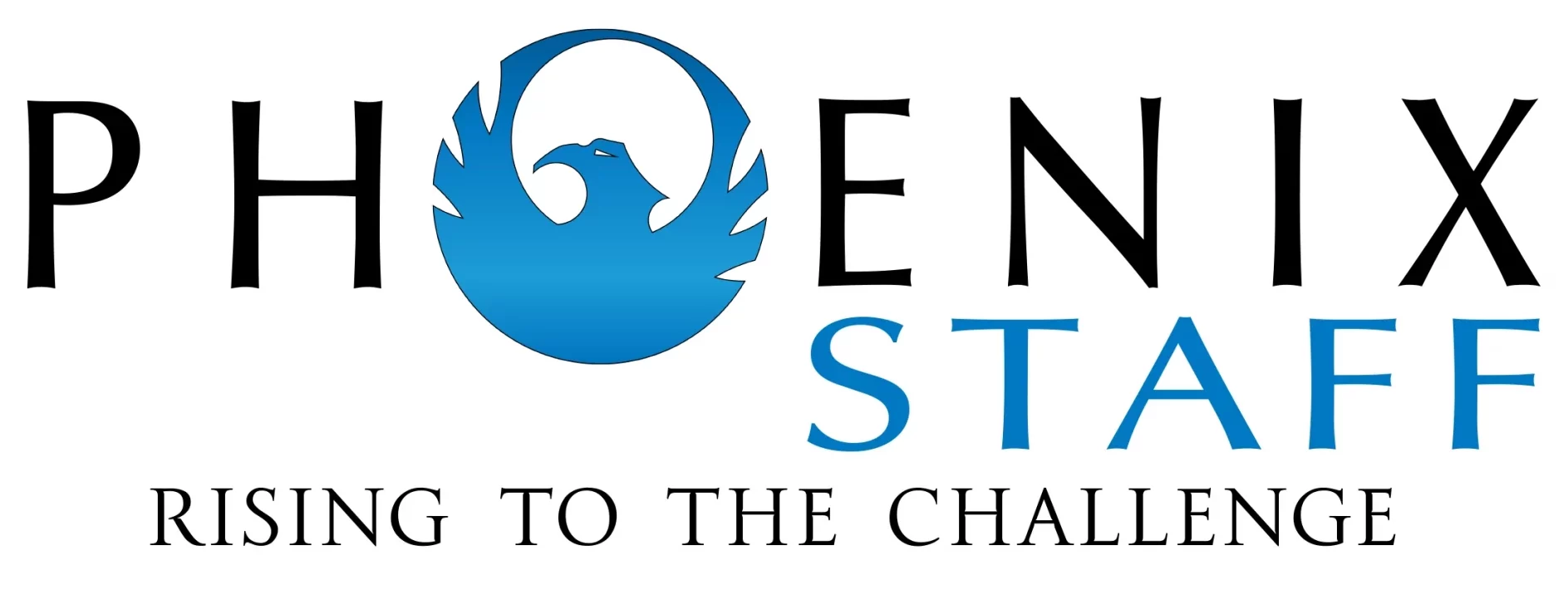Two phone calls (of many) today with two entirely different outcomes. One was with a candidate who did something that I recommend every candidate do. When I described the roles that I had available, he said, “that one sounds great, but that one is not likely one that I would be interested in.” This accomplishes 2 things in my mind and neither is more important, to me anyway, than the other. Those 2 things are – he armed me with details about what he is interested in doing and he armed me with what he “may not” be interested in doing. In other words, he gave me much more of a rifle shot than the sawed-off shotgun method of helping him find a new job.
The second one, not so much. During my initial questions, this person stated that they were not as highly skilled in an area that I needed BEFORE I told them I needed it. When I mentioned that it was the customer’s #1 requirement, they back pedaled hard. Even if they were qualified, they put themselves, and me, in a very awkward position. Not to mention that if I do have another role for them, which is definitely possible, I am now lacking some trust that they would tell me what they are and are not going to be able to walk in and accomplish.
When you are highly accomplished and skilled in many areas, it’s hard not to toot your own horn when it comes to all the wonderful things you are capable of doing. When you are working with a recruiter, that is precisely what you don’t want to do. Especially in the first conversation.
There are exceptions to every rule and there certainly are to this one as well. First, if you are working with an agency recruiter like myself, you might be safe to “over share” especially if the recruiter is good at what they do and dive into the core competencies and what you are really capable of doing when the rubber meets the road. If you are working with someone who takes a requirement straight from a sheet of paper and tries to match it to your resume, then you might shoot yourself in the foot by not being very concise and pointed with your answers to that initial call. Second, if you are in a shift in your career and that shift has created a vast amount of “new” knowledge, it’s hard to overcome that fact and you just need to share that information with the recruiter. Maybe, you are just not skilled at talking about yourself and need someone who is very good at pulling information out of you to know what you are and are not great at doing – this is a common characteristic for sure. If that is the case, then a great recruiter again should be able to elicit the critical information from you, but the best idea would be to ask for their help when you are face-to-face with them so you don’t stumble if you happen to find yourself in front of a not so great one down the road.
All in all, I have said it before, you are almost always going to be better served by answering a specific question with a specific (and very honest answer) when sitting with a recruiter – listen more than you talk. If there are recommendations that could be made on communication or style or approach to answering some of the questions, then those may be offered. I suggest you ask when you are with that recruiter, “what improvements could I make?” OR “have I provided you with everything you need to adequately represent me?” If the answer is “no”, then be open to the suggestions that come your way. They may not always offer up a pill that is easy to swallow, but the goal of getting you placed should certainly be at the heart of their suggestion. If you are able to arm them with what they need, your chances should increase dramatically.

